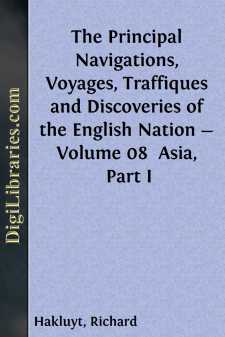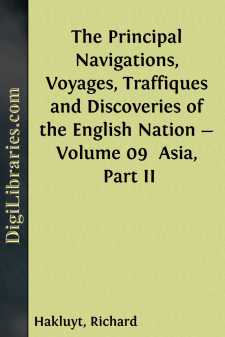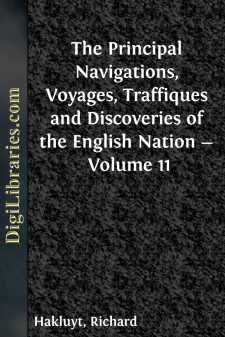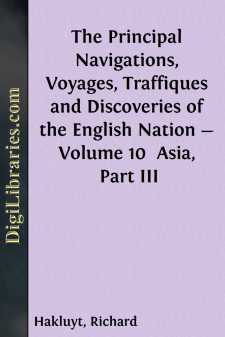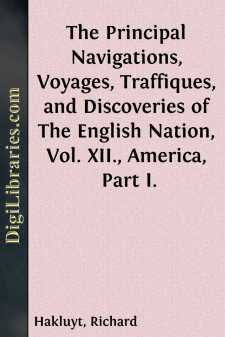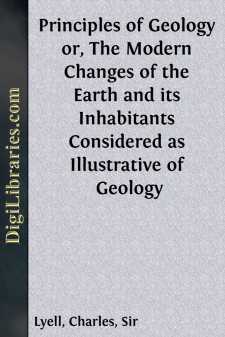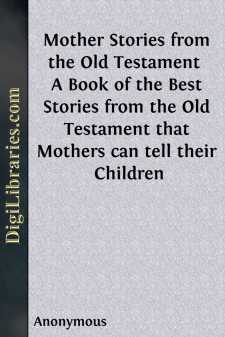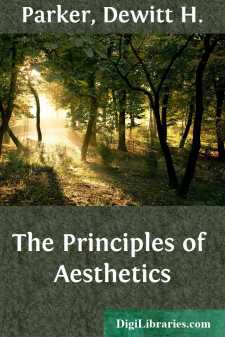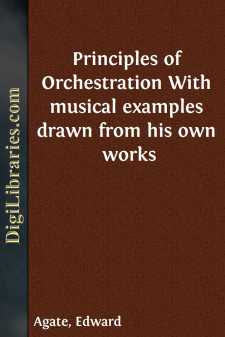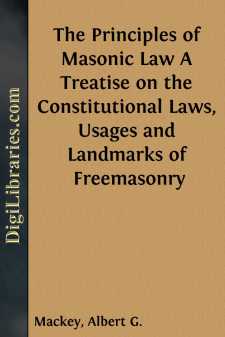Categories
- Antiques & Collectibles 13
- Architecture 36
- Art 48
- Bibles 22
- Biography & Autobiography 813
- Body, Mind & Spirit 142
- Business & Economics 28
- Children's Books 13
- Children's Fiction 10
- Computers 4
- Cooking 94
- Crafts & Hobbies 4
- Drama 346
- Education 46
- Family & Relationships 57
- Fiction 11828
- Games 19
- Gardening 17
- Health & Fitness 34
- History 1377
- House & Home 1
- Humor 147
- Juvenile Fiction 1873
- Juvenile Nonfiction 202
- Language Arts & Disciplines 88
- Law 16
- Literary Collections 686
- Literary Criticism 179
- Mathematics 13
- Medical 41
- Music 40
- Nature 179
- Non-Classifiable 1768
- Performing Arts 7
- Periodicals 1453
- Philosophy 64
- Photography 2
- Poetry 896
- Political Science 203
- Psychology 42
- Reference 154
- Religion 513
- Science 126
- Self-Help 84
- Social Science 81
- Sports & Recreation 34
- Study Aids 3
- Technology & Engineering 59
- Transportation 23
- Travel 463
- True Crime 29
Sort by:
by:
Richard Hakluyt
The life and trauailes of Pelagius borne in Wales. Pelagius Cambrius ex ea Britanniæ parte oriundus, famati illius Collegij Bannochorensis a Cestria non procul, præpositus, erat, in quo Christianorum philosophorum duo millia ac centum, ad plebis in Christo commoditatem militabant, manuum suarum laboribus, iuxta Pauli doctrinam victitantes. Post quam plures exhibitos, pro Christiana Repub. labores,...
more...
by:
Richard Hakluyt
CAPVT. 38. De territorio Cathay, et moribus Tartarorum. Totum Imperium Imperatoris Grand Can distinctum est in 12. magnas prouincias, iuxta numerum duodecim filiorum primi Genitoris Can, quarum quælibet in se continet circiter 6. millia ciuitatum, præter villas non numeratas quæ sunt Velut ábsque numero. Habent et singulæ prouinciæ regem principalem, hoc est 12. reges prouinciales, et horum...
more...
by:
Richard Hakluyt
The same in English. Thomas Chaloner was by birth a Londiner, by studie a Cantabrigian, by education a Courtier, by religion a deuout and true Christian. Therefore after he had confirmed his youth and minde in the studies of good learning, when Sir Henry Kneuet was sent ambassadour from the mighty Prince Henry the 8. to the Emperour Charles the fift, he went with him as his familiar friend, or as one...
more...
by:
Richard Hakluyt
NAVIGATIONS, VOYAGES, TRAFFIQUES, AND DISCOVERIES OF THE ENGLISH NATION IN ASIA. The manner of the entring of Soliman the great Turke, with his armie into Aleppo in Syria, marching towards Persia against the Great Sophie, the fourth day of Nouember, 1553, noted by Master Anthony Ienkinson, present at that time. There marched before the Grand Signior, otherwise called the great Turke, 6000 Esperes,...
more...
by:
Richard Hakluyt
TO THE RIGHT HONOURABLE SIR ROBERT CECIL[1] KNIGHT. Principall Secretarie to her Maiestie, Master of the Court of Wards and Liueries, and one of her Maiesties most honourable Priuie Councell. Right honourable, your fauourable acceptance of my second volume of the English voyages offred vnto you the last yere, your perusing of the same at your conuenient leasure, your good testimony of my selfe and...
more...
by:
Charles Lyell
CHAPTER I. Geology defined—Compared to History—Its relation to other Physical Sciences—Not to be confounded with Cosmogony. Geology is the science which investigates the successive changes that have taken place in the organic and inorganic kingdoms of nature; it inquires into the causes of these changes, and the influence which they have exerted in modifying the surface and external structure of...
more...
by:
Anonymous
OLD TESTAMENT STORIES ADAM AND EVE. In the beginning God made the heaven and the earth He also made the sun, moon, and stars; trees, flowers, and all vegetable life; and all animals, birds, fishes, and insects. Then God made man. The name of the first man was Adam, and the first woman was Eve. Both were placed in a beautiful garden called the Garden of Eden, where they might have been happy continually...
more...
by:
Dewitt H. Parker
CHAPTER I INTRODUCTION: PURPOSE AND METHOD Although some feeling for beauty is perhaps universal among men, the same cannot be said of the understanding of beauty. The average man, who may exercise considerable taste in personal adornment, in the decoration of the home, or in the choice of poetry and painting, is at a loss when called upon to tell what art is or to explain why he calls one thing...
more...
by:
Edward Agate
Rimsky-Korsakov had long been engrossed in his treatise on orchestration. We have in our possession a thick note book of some 200 pages in fine hand writing, dating from the years 1873-1874, containing a monograph on the question of acoustics, a classification of wind instruments and a detailed description of the construction and fingering of the different kinds of flute, the oboe, clarinet and...
more...
by:
Albert G. Mackey
Chapter I. Historical Sketch. Grand Lodges under their present organization, are, in respect to the antiquity of the Order, of a comparatively modern date. We hear of no such bodies in the earlier ages of the institution. Tradition informs us, that originally it was governed by the despotic authority of a few chiefs. At the building of the temple, we have reason to believe that King Solomon exercised...
more...


